An interview with the conflict and peace researcher and mediator Friedrich Glasl on the anniversary of the war in Ukraine. Questions by Wolfgang Held.
It’s the anniversary of Russia’s attack on Ukraine, and the war and the dying continue. What is your current summary?
Friedrich Glasl Where is the diplomacy? It’s enough to make you tear your hair out! People are thinking in terms of military logic alone. I absolutely won’t deny Ukraine the right to defend itself, however I appeal to the alternative that exists. It is incomprehensible that the world is watching this killing and dying and letting it happen. Apart from the ethical and moral issues, so many countries are involved and affected as stakeholders – the conflict isn’t just flickering into our living rooms. We are all affected economically, socially, politically, and ecologically worldwide. This affects the whole world. Therefore, the narrowing of the view and the shortening of the time horizon is so difficult to understand. We follow the news about who won a small military victory and where, and we see the ‹Z› and the ‹blue-yellow› colours again and again. It’s like in a war movie – the difference being that it’s not fiction. It’s reality.
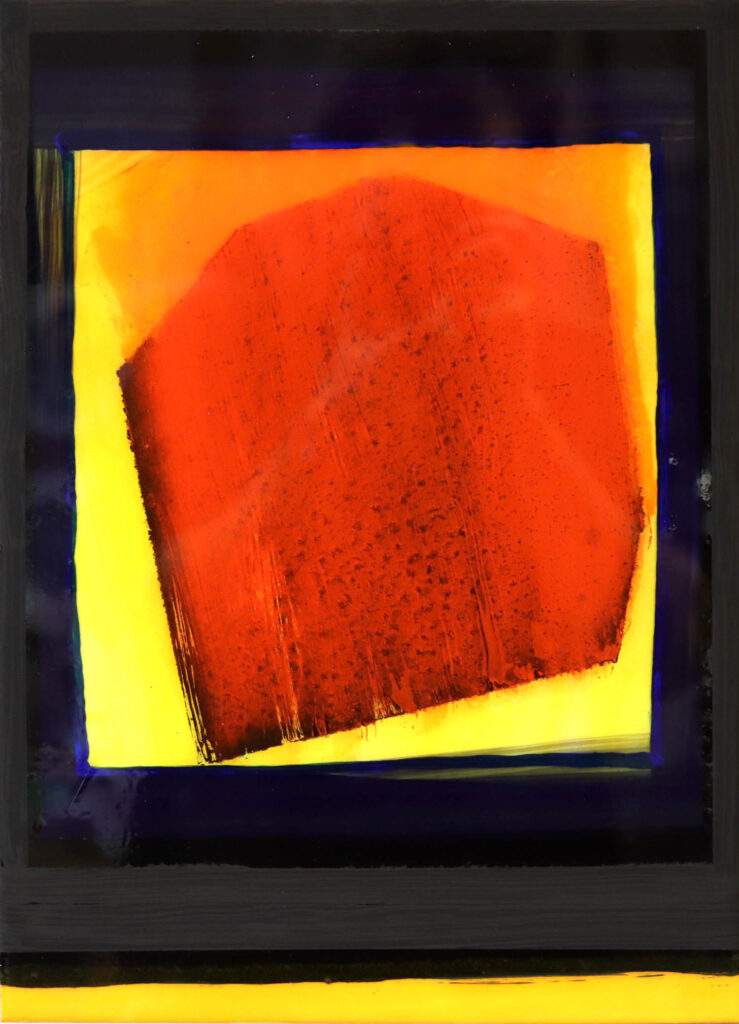
Why isn’t it possible to enter diplomacy?
Many countries are involved and have a relationship with one or other of the belligerent parties and fear that they won’t be taken seriously as an impartial, neutral side. For example, Austria is neutral under international law but has declared its solidarity with the EU’s sanctions. As a result, the country is rebuffed in attempts at talks. I have also seen politicians fear for their reputation, having returned once or twice without success from Moscow, Washington, Brussels, or Kyiv. I remember the malice the international press poured out on the Austrian Chancellor, Mr. Nehammer. He had traveled to Moscow, visited Putin at his dacha, and then returned unsuccessful. Nevertheless, I was happy about his initiative at the time because no stone should be left unturned. And now? I think we have become accustomed to the images, to the fact that everyone is counting on military decisions, that the threat is constantly being raised, that we shouldn’t drive a wedge into the Western alliance. As soon as an EU member becomes active with its own impulse, it exposes itself to the accusation of not getting along.
The mutual breaches of treaties between Russia and the West are repeatedly mentioned in the question of who is to blame for the war.
Yes, so it’s often doubted that there was a verbal promise not to allow NATO expansion to the East without Russia’s consent. There are enough testimonies that there were verbal commitments, but nothing was contractually stipulated. I know this from diplomatic circles as well. This is what brought about the end of the Cold War. The camps and the enemy images dissolved – there was even cooperation. Let’s think of the Partnership for Peace and all the other treaties, such as Open Skies or the Budapest Memorandum of 1994, in which the former satellite states of the Soviet Union gave Moscow the right to dispose of nuclear weapons but receive security guarantees from Russia and the West. The escalation began as early as 1991 when Ukraine turned against Moscow’s claim to leadership with the dissolution of the Soviet Union. Thus, Ukraine was not a member of Comecon, the Council for Mutual Economic Assistance. Ukraine was only associated, and sought sovereignty, moving closer to the West.
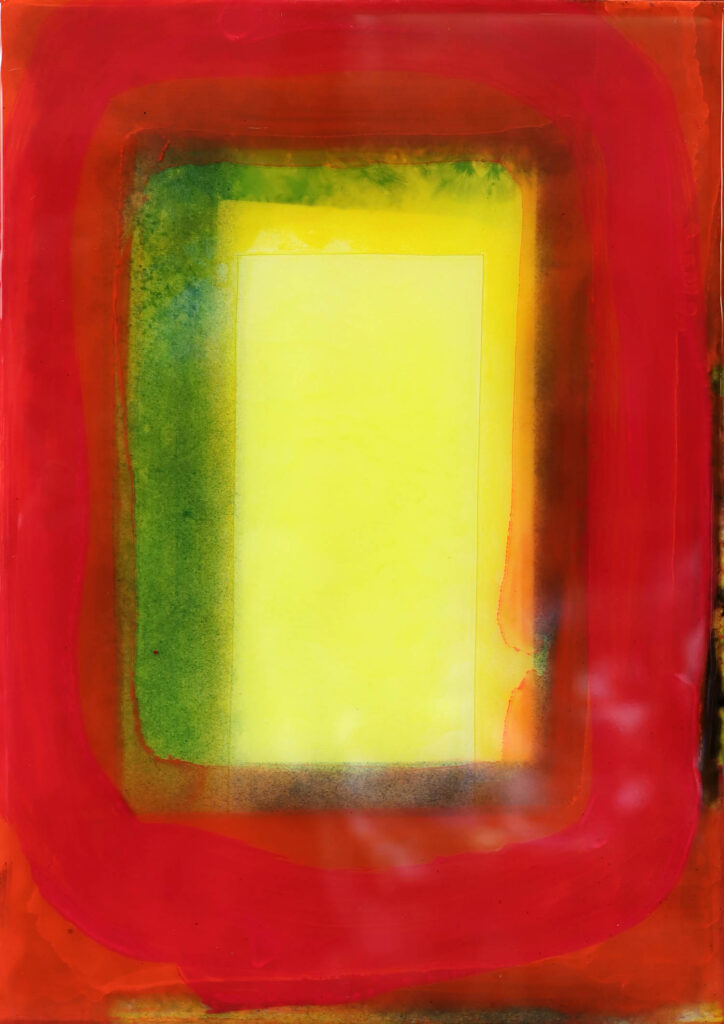
Things escalated with the protests in Maidan Square. Did the protest come from within the country, or was it orchestrated by the West?
There is a lot to be said about the West orchestrating the protests. I’m referring to a Swiss diplomat with whom I’m friends. There were indications that snipers were being used to violently escalate the situation. I think that without the support of the West, the entire right-wing populist camp might not have come to power in the same way, and the coup might not have succeeded. Then came disastrous decisions like the abolition of Russian as an official language and the unrecognized referendum in Crimea. This deepened the polarization on both sides, although NATO ascension wasn’t an issue at the time. Ukraine was made quasi neutral by the guarantees provided by the Budapest Agreement. The desire to join NATO didn’t arise until Selensky was elected president, and it’s interesting that after February 24, President Selensky didn’t put too much emphasis on a NATO ascension. Both Zelensky and Moscow had brought neutrality! I deliberately don’t say Putin, but Moscow, because it is a system. If Putin were gone, there would be ten other Putins, other agitators. War has been raging in eastern Ukraine since 2014, not just since last February. In 2015, Hollande, Merkel, and Putin negotiated this treaty with the Minsk II agreement, the Normandy format, in which the two provinces were to receive a kind of cantonal autonomy comparable to the Swiss model during constitutional reform.
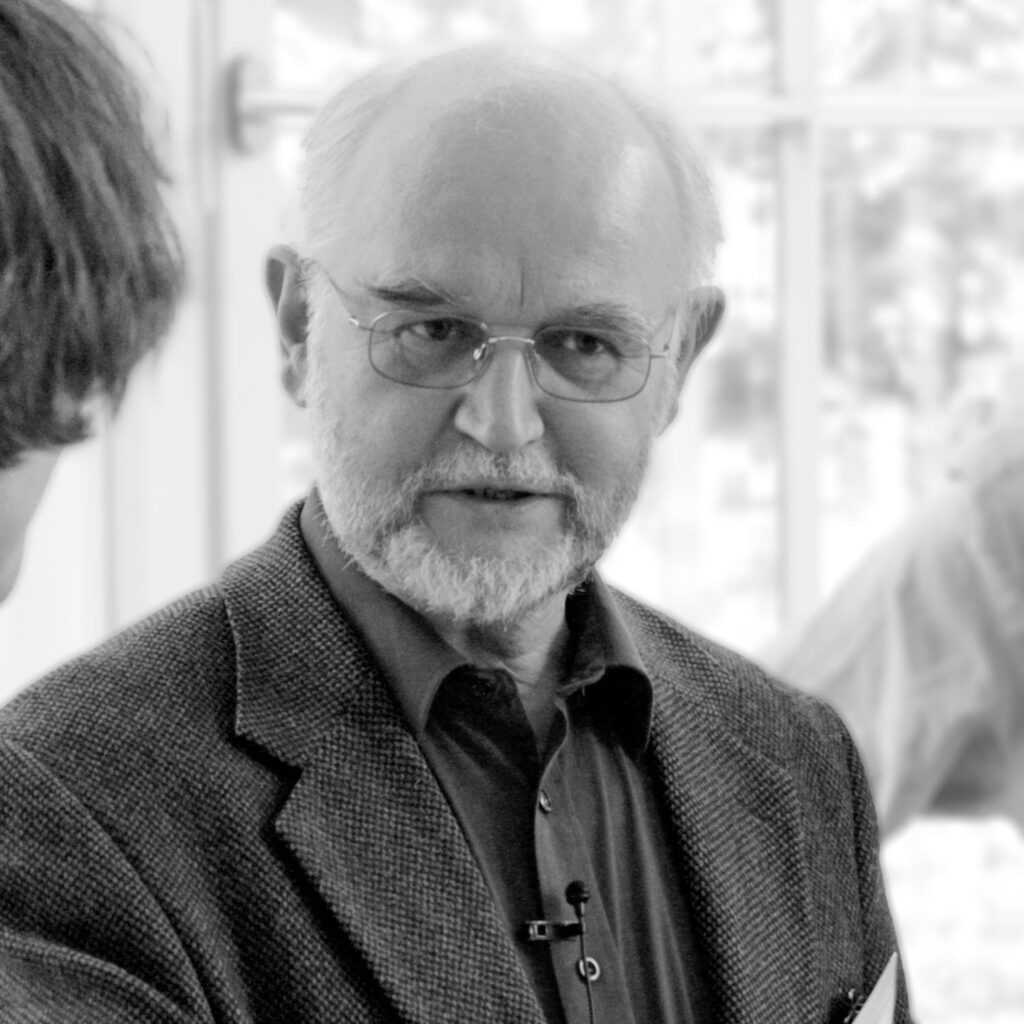
If there isn’t a willingness to compromise, apocalyptic destruction will arise.
Yes, I think that our planet is heading for an existential threat. Furthermore, the measures taken to curb greenhouse gases have been undone by the war.
In 1986, it was Mikhail Gorbachev who approached the West.
I still consider this one of the miracles of the century. Just as apartheid was overcome non-violently with Nelson Mandela, or the GDR ended without militant action, the rift between East and West fell because of Gorbachev’s steps. They led to a breakthrough at the Geneva disarmament negotiations in 1987.
Political scientist Herfried Münkler once said in an interview: «If you want peace, you have to be willing to take risks.» Does peace mean insecurity?
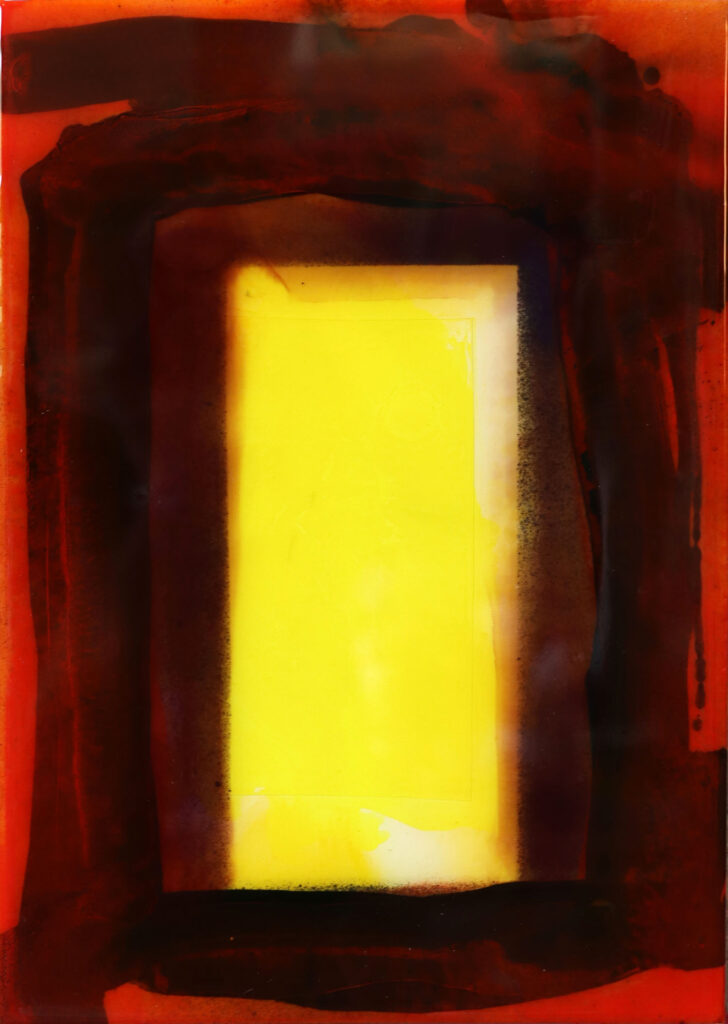
Yes, Gorbachev took individual steps without expecting anything in return and this is what made the negotiations in Reykjavík in October 1986 possible – it was a person-to-person meeting, according to Ronald Reagan, the US president at the time. It also happened because civil society didn’t remain silent but demonstrated against nuclear weapons with the burning of candles and the formation of human chains. From Gandhi to the Vietnam War protests, there was a civil rights movement and a willingness to change civil society. We are now looking for these in vain, just as at the beginning of the century, we looked for a willingness to further include Russia’s consent to NATO’s eastward expansion. Russia was consulted when the Czech Republic, Poland, and Hungary joined NATO. However, this was no longer the case with the Baltic republics. Think back to Putin’s protest at the Munich Security Conference in 2007. It’s not a question of ruling out NATO’s eastward expansion in general, but of keeping Russia’s security interests in mind, which also applies to long-range missile launch pads on the Russian border.
Ukraine and Georgia were invited to the NATO conference in Bucharest in March of 2007. Following this, Russia fired a warning shot towards NATO with the invasion of Georgia. This region is still occupied today, and the OSCE – The Organization for Security and Co-operation in Europe – is still monitoring there. I know the area well, as well as the work of the OSCE. In 2008, Russian planes flew as far as Tbilisi and showed that they could bomb the airport, which didn’t happen. The relationship between East and West continues to erode. What tentatively emerged: the need to share concerns and problems, and not solve problems at the detriment of the other – that has faded into the background. Furthermore, it’s also significant for me that China is striving for a leading position, also with its currency as an international means of payment. It’s engaging in land grabbing in Africa and securing resources in South America. The position of the USA seems more and more threatened.
Russia’s interests have been given too little consideration. However, if the country resorts to violence, doesn’t it lose all legitimacy?
Of course. Everything is different with the attack on Ukraine, and Russia has also violated the treaty.
Münkler describes various interests. For the EU, the borders of 2014/15 would be acceptable in the case of a peace agreement with the Donbas region under Russian administration. By contrast, a longer-term, consuming war would be in the interest of the US, in which Russia loses its military power and the US can concentrate on China.
In fact, there are many indications that the continuation of the war is wanted by Kyiv, Moscow, Washington, and Brussels. By this I don’t mean the EU, but NATO. No alternative is being sought in diplomacy because the warring parties have committed themselves. And yet there are always ways to move from the logic of war to a logic of peace. I keep talking about ‹Windows of Opportunity› that briefly open. If you don’t use them, the window closes again, but new ones also open! For example, the agreement to ship grain from Ukrainian ports – we could have taken this agreement much further. The interests weren’t so far apart. It was possible to work together because all interests were considered, not only those of Ukraine. The UN and Turkey, or rather Erdogan, have achieved a lot.
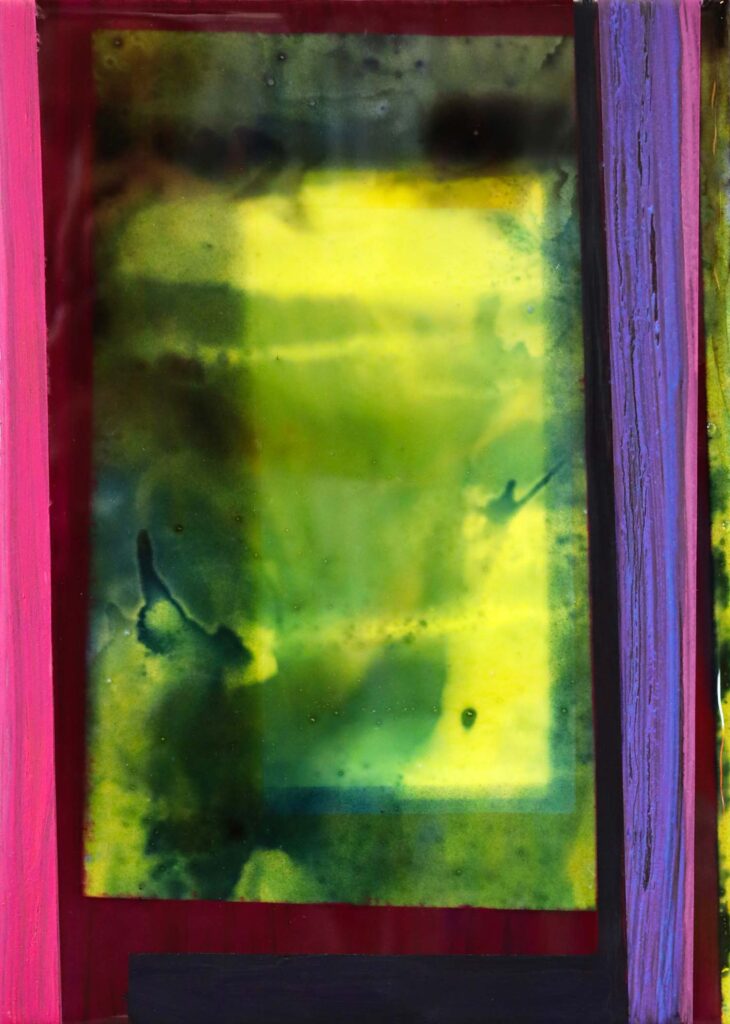
Do you see future windows?
There were several windows that were opened and then closed again or slammed shut. You can only look at what is happening now. I’ll soon be giving a seminar on ‹Windows of Opportunity›, where I’ll practice with people to see and grasp such windows: what would have been possible here, not in the sense of the logic of war, but a logic of peace. At present, there’s a mutual language of demonization. We have to get out of this too.
How do we become capable of using these open windows?
What is military logic, and what is peace logic? In military thinking, I exert pressure and promise you harm. In the logic of peace, I look at your interests and ask myself if I could fulfill them, because then, a common advantage arises. This was the case with the grain exports. Let us consider the unilaterally announced Moscow Christmas truce during the Orthodox Christmas season. Of course, it was difficult for the attacked side to respond to such a thing, but there was an open window. Do I constantly sense deceit in the sense of military logic, or am I ready to see the other side and give a vote of confidence from my side? Then you can check whether the agreement has been kept or not. And then perhaps one could explore and use other possibilities. I am sometimes involved in television discussions with experts. Then it’s said: The ceasefire is only being used to organize supplies. Yes, sure, every side will do that! The logic of peace means that I don’t necessarily assume evil intentions. I show my trust and willingness to advance and let the other side understand this.
It’s the same with Palestine, which seems like a navel of the world, a small spot. The inability to find peace there radiates throughout the whole earth. Is the Russian attack and the logic of war now being described also something global, where forces, powers, and demons of the 19th and 20th centuries are at work?
Markus Osterrieder was recently in Salzburg. He is a specialist on Ukraine, especially regarding historical matters. Suppose you look at the history of Russia, Ukraine, and the Eastern European countries, how Christianity took root there, and also what ethnic conflicts there were, often in the name of religion. In that case, you see that it is highly complex, and there is no need to justify specific claims from history. It’s about presence of mind. It is about the now. It sounds pathetic, but it is about a Consciousness Soul attitude, saying: What is required now, and how do we free ourselves from all the things that are restricting us? The arguments of both the Russian and Ukrainian sides refer to the national and the historical. All these claims are irrelevant and stand in the way of a solution.
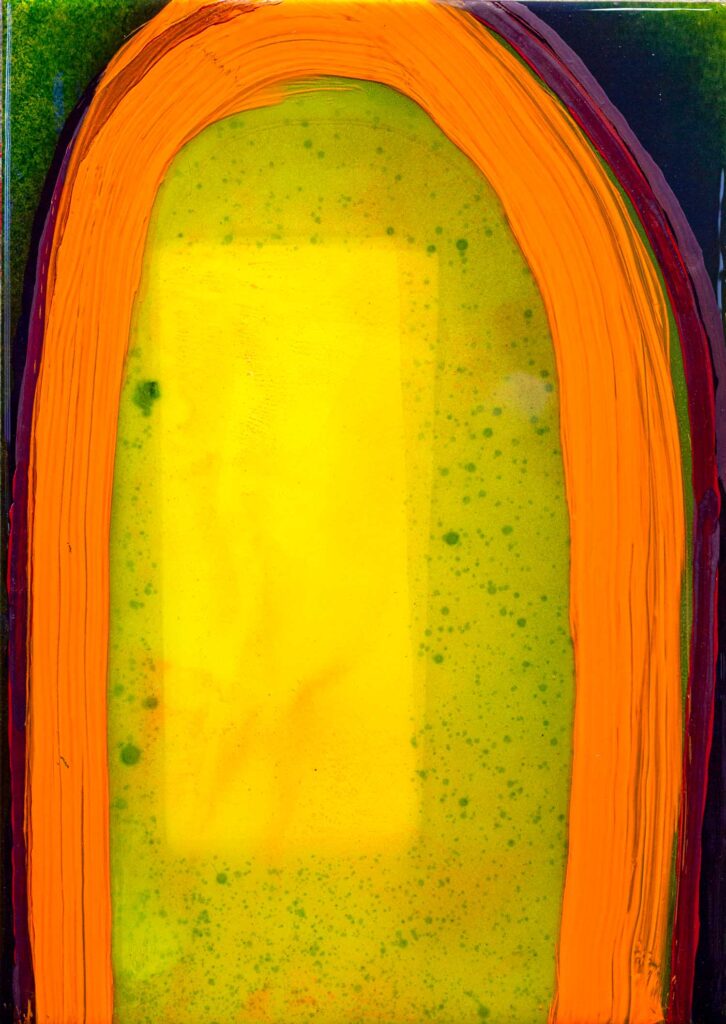
Because every interpretation is possible?
Otherwise, the Huns will speak up because they were in Austria 2,000 years ago. What I have said about these ‹Windows of Opportunity› means radically stepping out of this logic of war and saying no: reward instead of punishment, trust instead of mistrust, exact offers instead of vague hints. This includes unilateral confidence-building actions: it wouldn’t weaken NATO at all if it were to move certain military units or capabilities further away from the Russian border. Unilateral actions help build confidence. Peace work is only possible if I take risks. What is meant is the risk of being misunderstood, that is, that unilateral action is misunderstood as a weakness and misused. With Gorbachev’s offer, it was the case that, despite everything, he said: I’ll see it through.
Turning toward peace: are these individuals inspired by higher things?
From a spiritual perspective: I think the Archai – who have to do with the zeitgeist – are having a hard time with us at the moment. But also the archangels – who are community spirits, popular spirits, cultural spirits, and language spirits, when I think about the rhetoric of war and psychological warfare via language manipulation. So, they’re having a hard time with us. But at the same time, the signals about the continuation of the ecosystem of planet Earth show us that it’s five to twelve. I think we’ve experienced this often: In the face of a real catastrophe, we humans give ourselves a jolt and say: «No, enough of this. It can’t go on like this!» In my book «Konflikt, Krise, Katharsis» [Conflict, Crisis, Catharsis], I go into more detail about the fact that crisis is a wake-up call, that we are hit on the head with a hammer until we finally understand what is going on.
And this confrontation, namely that we are confronted with the consequences of our wrong thinking, is something that hopefully causes something like an awakening in us. For war, this means that civil society stands up. There should be a demand from many sides that the people and governments now watching in silence stand up and leave their comfortable box or rostrum, get down, go into the arena, and work on ending this madness. That we all get our act together now.
The 65 countries that have already ratified the Treaty to Ban Nuclear Weapons – more governments have signed it, but only 65 have ratified it – should stand up! There will soon be a conference on this topic in Vienna. And the hope is that these countries will raise their voices on that occasion. It is not enough to not want to have nuclear weapons, we have to stand up now to make sure they are not used. We have to do something now – also in terms of our thinking – so that the possible use of tactical nuclear weapons doesn’t happen – they were used in the Gulf War, let’s not forget that. The tasks are enormous when I think of climate change, desertification, and migration as a whole! So far, these countries have submitted too much to the dominance of industrialized nations. Now they should say: it cannot go on like this. Then there will be an end to politeness in the sense of a bit of financing of ecological damage. There is a lot at stake. What is happening in Ukraine doesn’t only concern Russia and Ukraine, but something is happening that has to do with global cultural development and questions of our humanity. It is about showing a stop sign to the arms industry. In addition to the terrible number of casualties, the ecological damage caused by the invasion is enormous. President Putin said in 2021, that despite all the differences, there are common problems that must be solved together. This is precisely the case with the ecological crisis. It affects Russia and Siberia as well.
This would also mean a peace and security order, not in the sense of the UN Security Council with veto rights and the like, but completely different procedures must be found, in which the countries that have long been referred to as emerging countries or developing countries are at the center. This must be reflected in a different system because we have recognized: the more we spend on armaments, the more insecure the world seems to become.
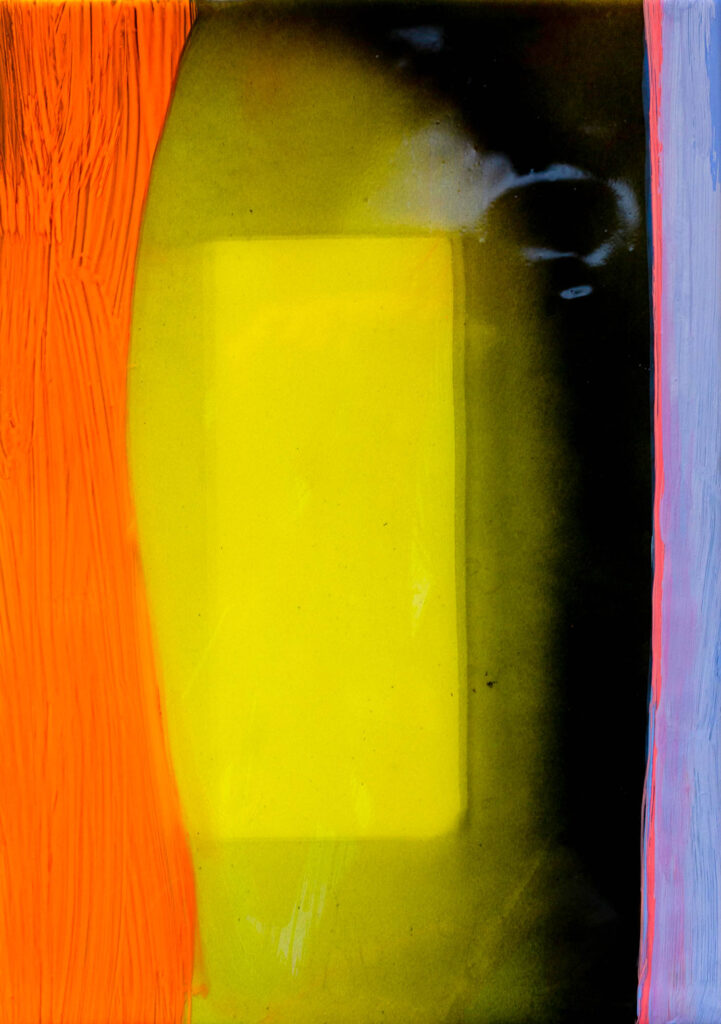
And your hope?
The forces of peace are active in all the noise of war – even at night when we sleep. I am thinking of what Rudolf Steiner described in times of war 100 years ago in the lecture: «Was tut der Engel in Unserem Astralleib?» [What does the Angel do in our Astral Body?] of 1917. There are angels at work in our souls to give us the ideas and ideals of peace. And I think it will be inevitable that more and more people will courageously listen within themselves and be guided by this voice, like Greta Thunberg and many others. What role models! It is about the world’s existence and therefore, about each individual. This gives me hope.
Translation Monika Werner
All images Adrien Jutard, ‹Ohne Titel›, 42×29,7cm, 2021

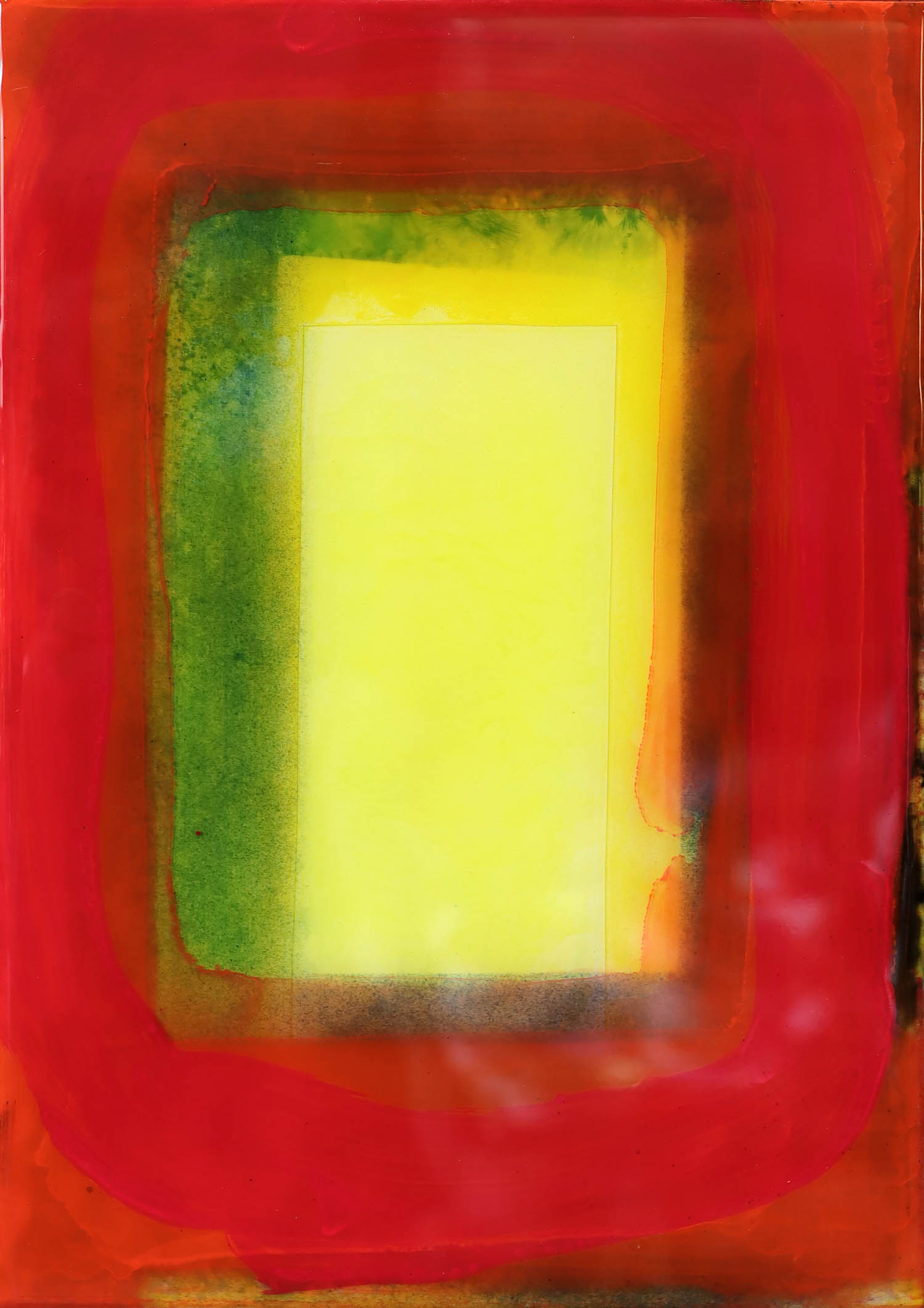









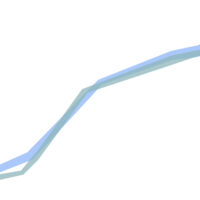


oh dear me how can such open blindness seek to find peace ? please afford yourself a trip to Interpol headquarters in Copenhagen .. with your diplomatic background you should have no problems getting an ‘in-depth’ analysis of the world wide criminal summary (slavery body parts drugs weapons etc) to many and to gruesome to mention in this format .. but suffice to say that the single largest criminal activities are being sponsored by the head mafioso ‘Putin’ along with several close allies from Syria to Venezuela to Orban and yes even the lovely kind Erdogan who has nothing but peace in mind for Armenians and all other that threaten his power just like Putin ! the present harvest of tyrants is being masqueraded by the supposed atrocities being perpetrated by Yankee financial imperialism .. it’s NOT a valid comparison by any measure especially by usurping Anthroposophical philosophy!
the conflict in Ukraine has peculated on and off for centuries the Georgians Poles Checks Slovaks Lithuanians Estonians Latvians etc have all sought independence from Czarist control for centuries. These struggles will continue as long as there are people in each of these countries who feel that they have been used/abused/murdered etc like the Poles who were accused of massacres that the Russians committed but only after 70 years of denial when the truth reappeared. The current conflict has morphed into something much larger and more insidious, so the best place to start would be at Interpol HQ to commence investigation of which are the LARGEST most powerful mafia’s with criminal activities in ANY human endeavour legal or otherwise. The US is well aware of Putin’s thugs who now dominate the world’s crime syndicates with operatives in EVERY country all funded under the banner of the FSB. Some of the (Wagner group) are now public but the real size of this Russian mafia is unknown to Western media and Putin makes sure he keeps it that way. The real drama being played out here is Putin trying to flex his power against another world financial/criminal power the US whose corporations have also enslaved the world but under the ‘guise’ of freedom ie it’s easy to say NO to the worlds largest media/consumer/corporate/cronyism gangsters that are also manipulating the masses but under the guise of FREEDOM of choice which of course most countries in the UN do not support whilst they are receiving bribes to retain their illegitimate power. The fact that these bribes come from multinationals is just a cover to protect the CIA or other agencies such as MOSSAD etc who are also one of the worlds greatest hidden powers who use subversive activities of every persuasion to achieve their goals. Ukraine is now one BIG gang war that will only have meaning in a geopolitical sense.
The tribes of Europe will always be squabbling about something just as we saw when Tito left the scene suddenly the tribes were out to seek vengeance for wrongs committed in 1176 ! yes humanity and societies have a desire for freedom from slavery be it physical spiritual or economic. The current battle is for who’s going to control the market place although the Yanks once had ethics morals human values on their side, those esteemed founders of their Constitution left insufficient genetic or spiritual legacy for it’s long term survival. Sadly in this criminal war both sides have very destructive weapons that the old mafia’s could only hope for. The spiritual battle has only just begun but once China decides to enter on Putin’s side then the real fireworks will begin. SO it was written long ago and so it will be done.
You have put it very diplomatically. But I see far stronger aggression coming from the US-NATO formation. It has put on white gloves and managed somehow to buy over most (if not all) of EU media and governments.
My English Grandfather believed there was a ‘a window of opportunity’ to end the First World War in 1916. His activities trying to convince others ended with him in prison for undermining the war effort.
However, by 1940 he could see no way for a negotiated settlement with Hitler.
Putin seems to be similar (funny how he accuses others of being Nazis). Perhaps I am naive but it seems that the current death,destruction and suffering in Ukraine, combined with the ruthless sacrifice of Russian lives, is the consequence of the conceit and pride of Vladimir Vladimirovich. He has gone so far that he cannot go back so negotiation is impossible.
He has destroyed Russia’s own reputation and perhaps delayed the future Slavic Cutltural impulse.